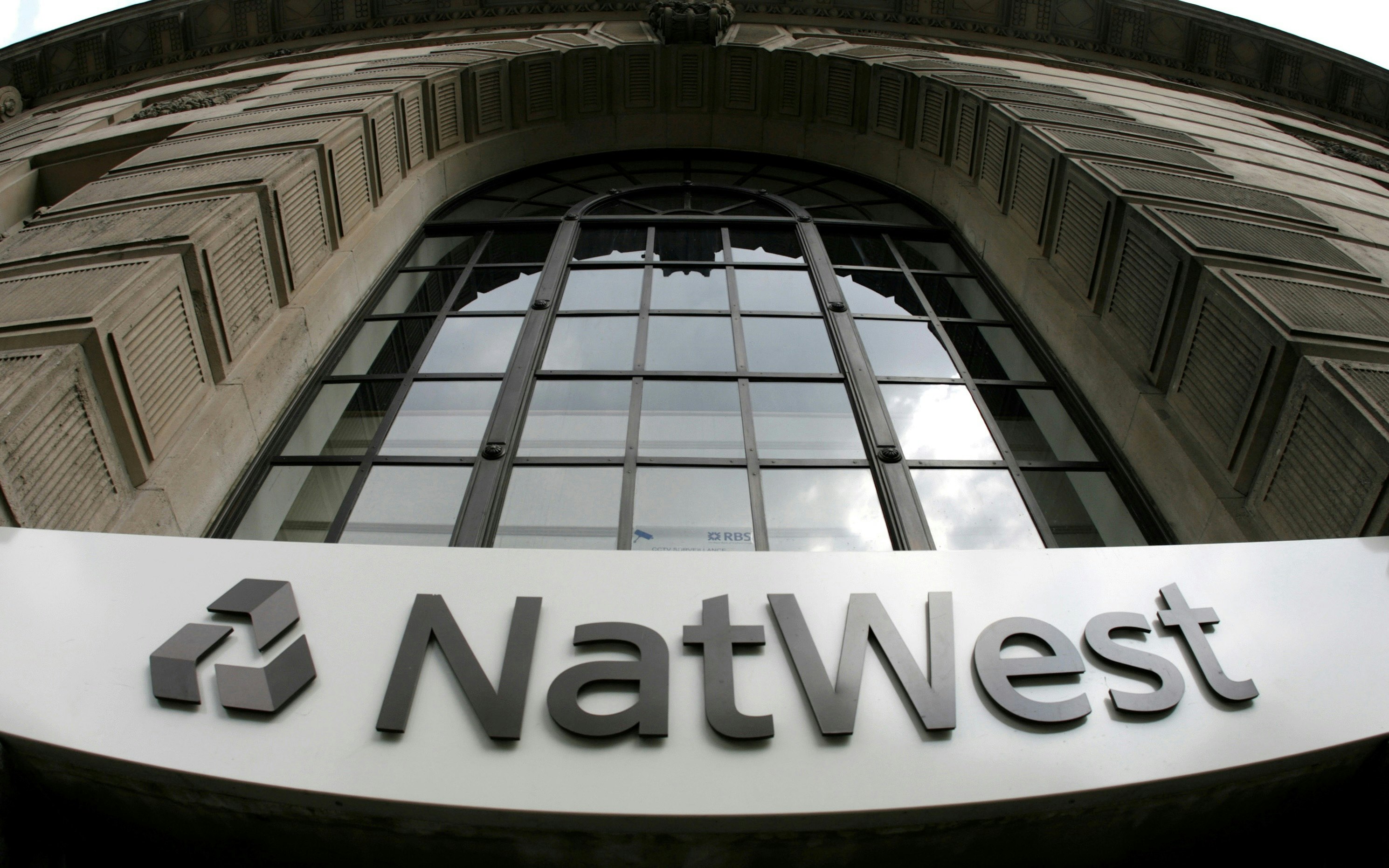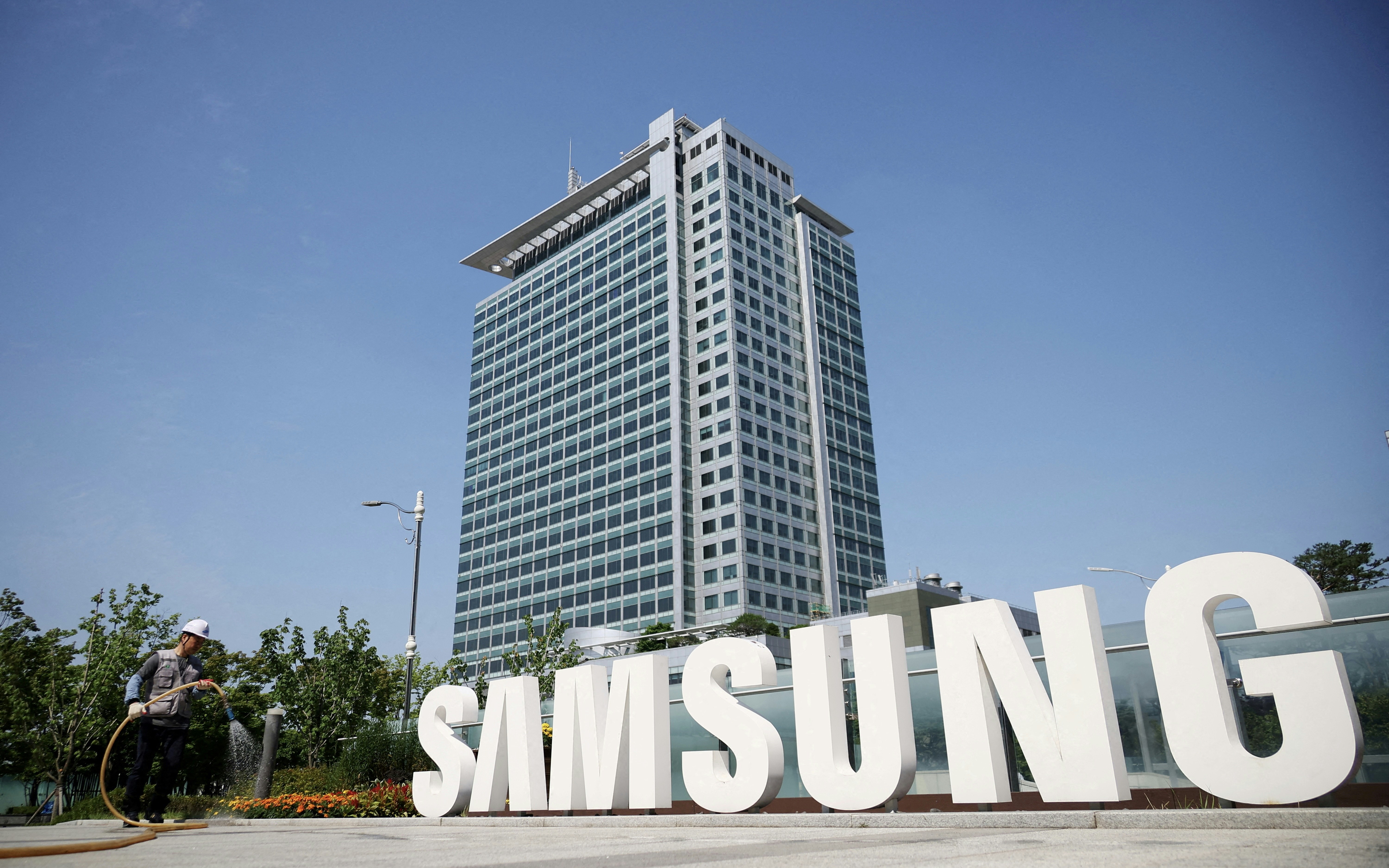Klarna, the Swedish market leader in the "Buy Now, Pay Later" (BNPL) sector, was fined 500 million Swedish kronor (approximately 45 million USD) by the Swedish Financial Supervisory Authority FI. The reason: significant violations of anti-money laundering regulations between 2021 and 2022. These developments come at a critical time as Klarna plans an IPO in the USA.
The FI found that Klarna had neither conducted comprehensive risk assessments for potential money laundering or terrorism financing nor established adequate procedures for customer due diligence. "Compliance with anti-money laundering regulations is essential to prevent criminal activities," stated FI Director General Daniel Barr.
However, the investigation was not serious enough to justify a license withdrawal or an official warning. Instead, Klarna received a formal reprimand and the fine. The company emphasized that FI's decision "is a matter of rule interpretation and application" and does not involve actual cases of money laundering.
Klarna, which was profitable until 2019, increasingly fell into the red due to its rapid expansion in the USA. In the third quarter of 2024, the company achieved a net profit of 216 million kronor, but recorded a net loss of 116 million kronor in the first nine months. The planned IPO, targeted for the first quarter of 2025, could bring the company's valuation to up to 20 billion US dollars.
The BNPL sector is under increased regulatory scrutiny worldwide. Consumer advocates criticize the business model for encouraging people to incur debts they cannot afford. The US Consumer Financial Protection Bureau and the UK government plan to regulate BNPL offerings like credit cards.
Klarna, founded in 2005, experienced a steep rise, but its valuation dropped from 46 billion USD in 2021 to only 6.7 billion USD in the last financing round of 2022. Additionally, internal tensions between CEO Sebastian Siemiatkowski and co-founder Victor Jacobsson weighed on the company management. Jacobsson's representative was excluded from the board in October.
The penalty is part of a series of fines against Swedish banks like Swedbank, which had to pay 4 billion kronor for similar violations. Despite the challenges, Klarna emphasized taking its responsibility to comply with regulations seriously and described itself as "the largest Swedish bank that has not been investigated so far.







